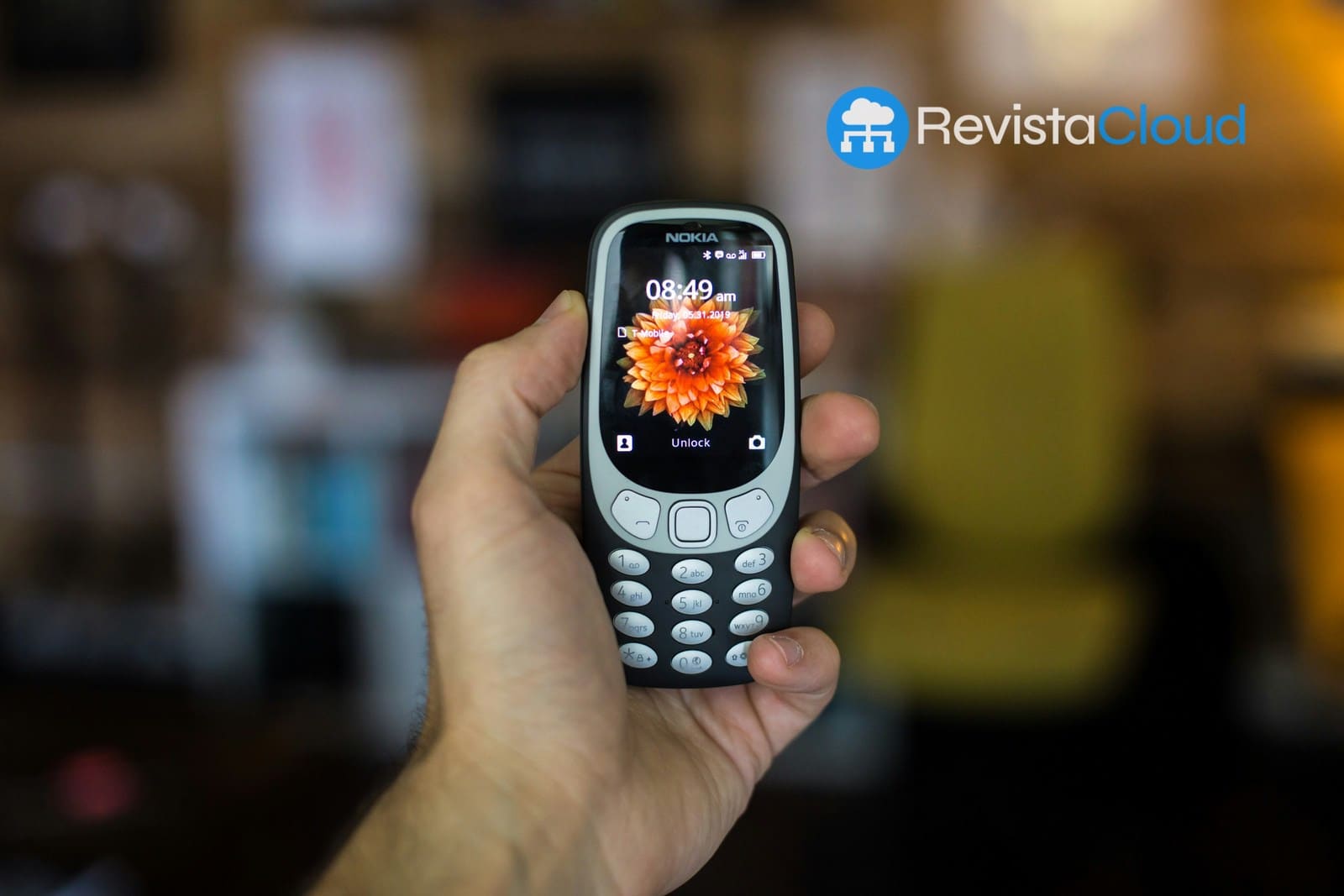The Council of Ministers has received a groundbreaking report prepared by a committee of experts that proposes a series of key measures to ensure safe digital environments for minors. This report, commissioned by the Ministry of Youth and Childhood, includes 107 proposals aimed at preventing risks and ensuring the protection of children and adolescents against the challenges posed by the use of digital technologies.
Age Limits: Gradual and Supervised Access
The report establishes specific recommendations based on stages of child development to limit exposure to digital devices:
- 0 to 3 years: Total disapproval of screen use.
- 3 to 6 years: Exceptional and occasional use, under supervision, for social or family purposes.
- 6 to 12 years: Limited use, always supervised by adults. Activities like sports and contact with nature are prioritized.
- 12 to 16 years: Encourage the use of analog phones (without internet) and delay access to smartphones with internet connectivity. If allowed, parental controls must be installed to monitor content and exposure time.
- 16 years and older: Gradual access to digital devices with prior education on their risks and benefits.
The Industry Under Scrutiny: Regulation and Mandatory Labeling
The committee emphasizes the responsibility of the tech industry to protect minors. It proposes that digital devices include:
- Warning labels about the risks associated with the use of digital devices and applications.
- Pre-installed parental controls that are activated by default on all devices.
- Impact reports on the effects of their products on minors before marketing them.
Additionally, digital platforms and social networks are urged to set default safety settings and block access to inappropriate content for minors.
Prohibition of “Sharenting” and Protection of Minors on Social Media
The report addresses the exposure of minors on social media, especially in the case of influencers and content creators. It proposes the explicit prohibition of involving minors in content for commercial purposes, as well as the regulation of sharenting (sharing images of minors on social media).
It also highlights the need to develop educational campaigns aimed at parents, teachers, and minors to raise awareness about the risks associated with digital exposure.
Education and Devices in Classrooms
The report recommends regulating the use of digital devices in educational institutions:
- Preschool and Primary: Total prohibition of privately used devices.
- Secondary: Limited use to pedagogical tools, with reviewed and safe applications.
- School-provided Devices: Review of applications, elimination of instant gratification systems, and usage limits based on age.
A Comprehensive Law for Safe Digital Environments
Many of the report’s recommendations are already included in the Draft Organic Law for the Protection of Minors in Digital Environments, currently under processing. This regulation includes:
- Mandatory and free parental control on electronic devices.
- Prohibition of random rewards in video games and platforms.
- Virtual restraining orders for those who commit digital crimes against minors.
- Reforms to the Penal Code to penalize ultra-falsifications, such as the dissemination of images generated by artificial intelligence.
A National Collaboration Framework
The committee, composed of 50 experts, has included participation from organizations such as UNICEF, Save the Children, the Spanish Association of Pediatrics, INCIBE, and CERMI, among others. Additionally, entities from the third sector, parent associations, and specialists in areas such as psychology, pediatrics, gender equality, and law have contributed.
The report also promotes a Media and Information Literacy Plan, in line with UNESCO, to equip minors with the tools necessary to navigate safely and responsibly in digital environments.
An Urgent Challenge in the Digital Age
With these measures, Spain positions itself as a leader in protecting minors against the risks of the digital environment. The implementation of these proposals aims not only to limit access but also to educate minors and their families for a more conscious and safe use of technology.
The National Strategy for Safe Digital Environments, driven by the Ministry of Youth and Childhood, will be crucial in ensuring that minors can take advantage of the benefits of technology without jeopardizing their physical, emotional, and social well-being.

